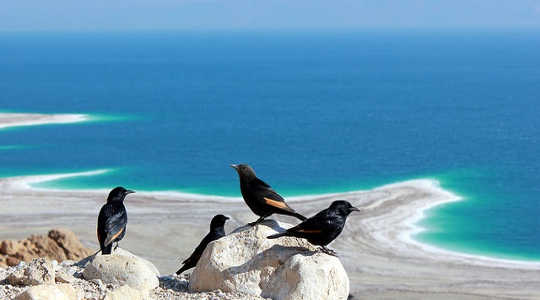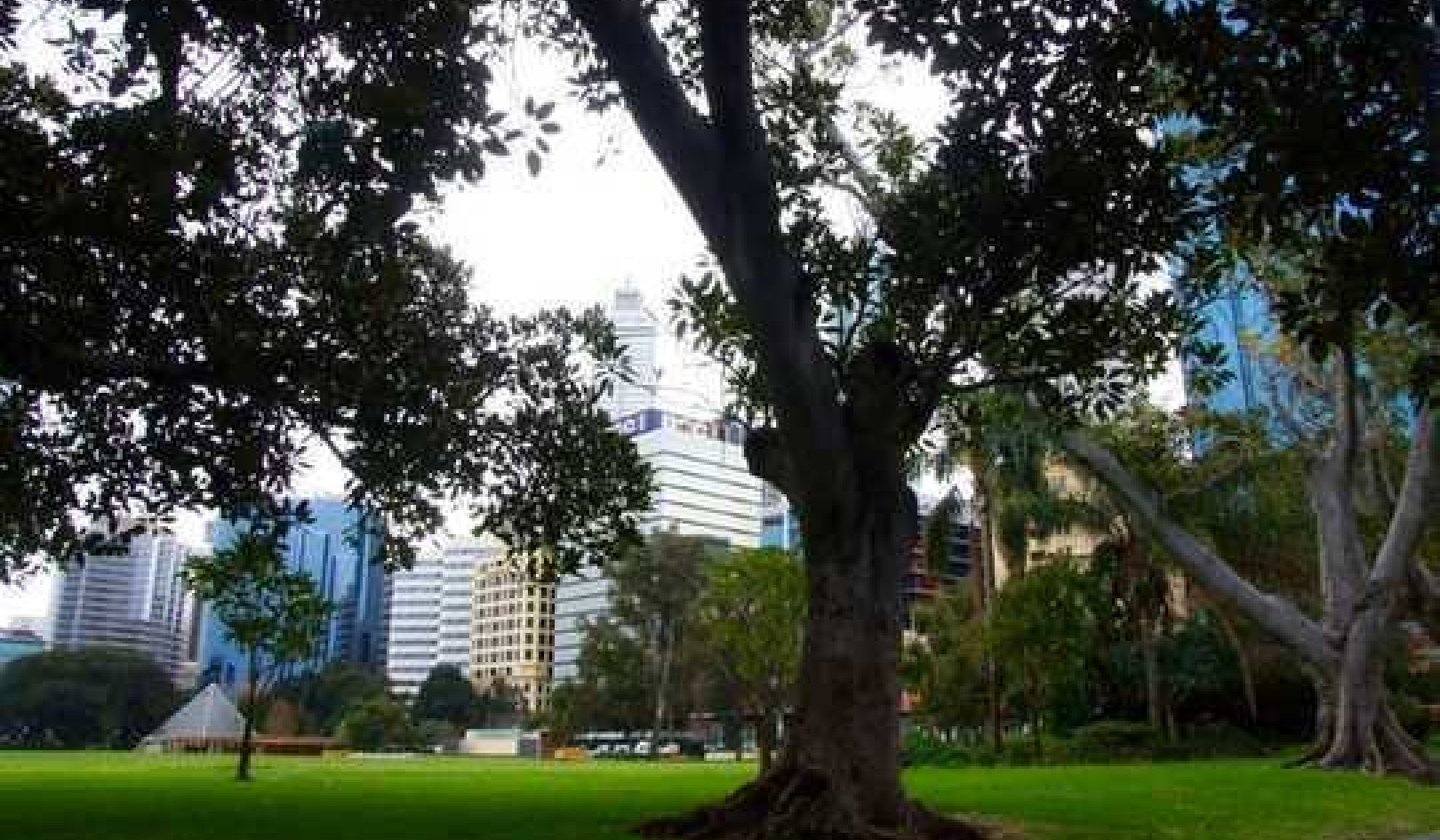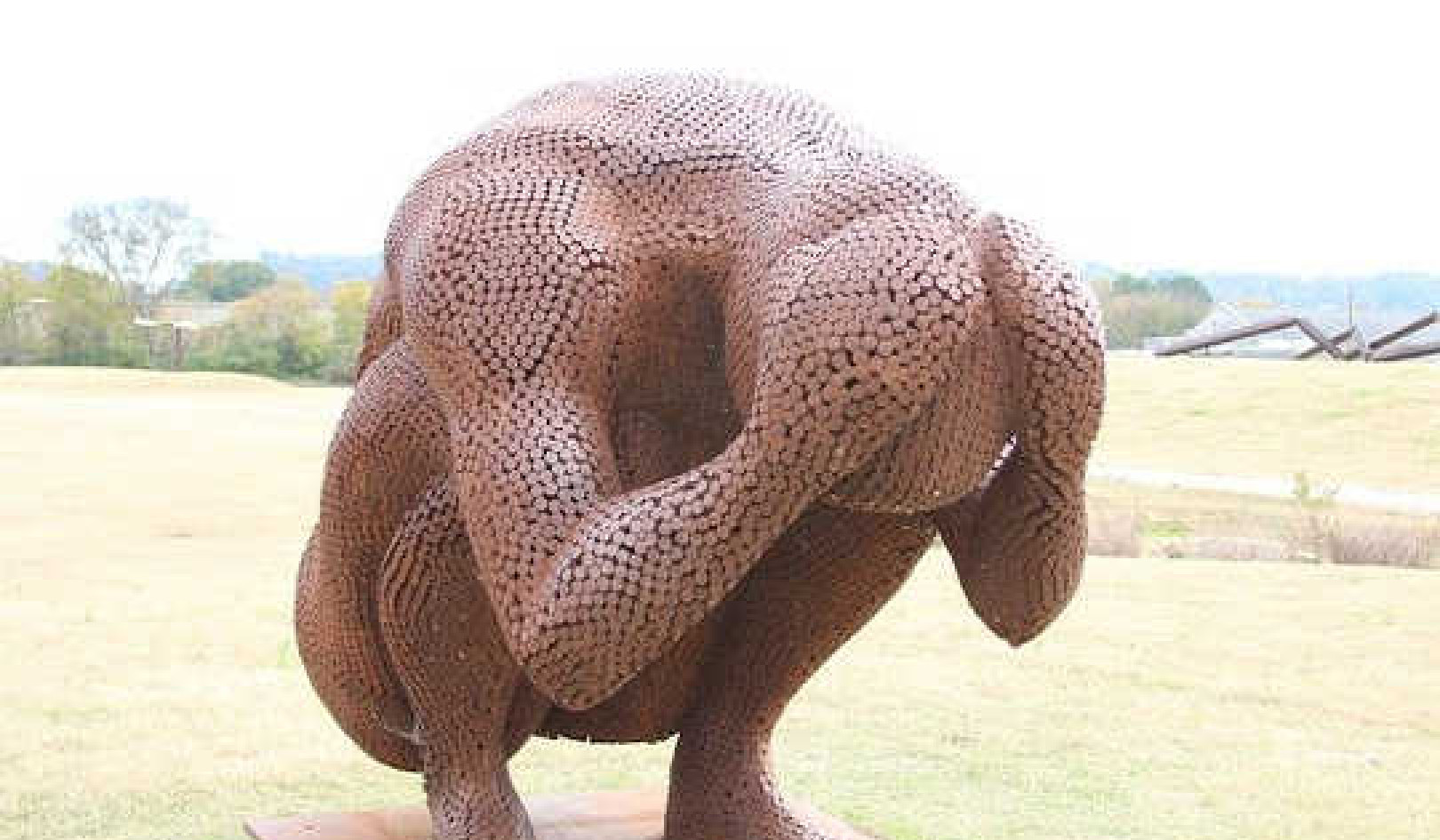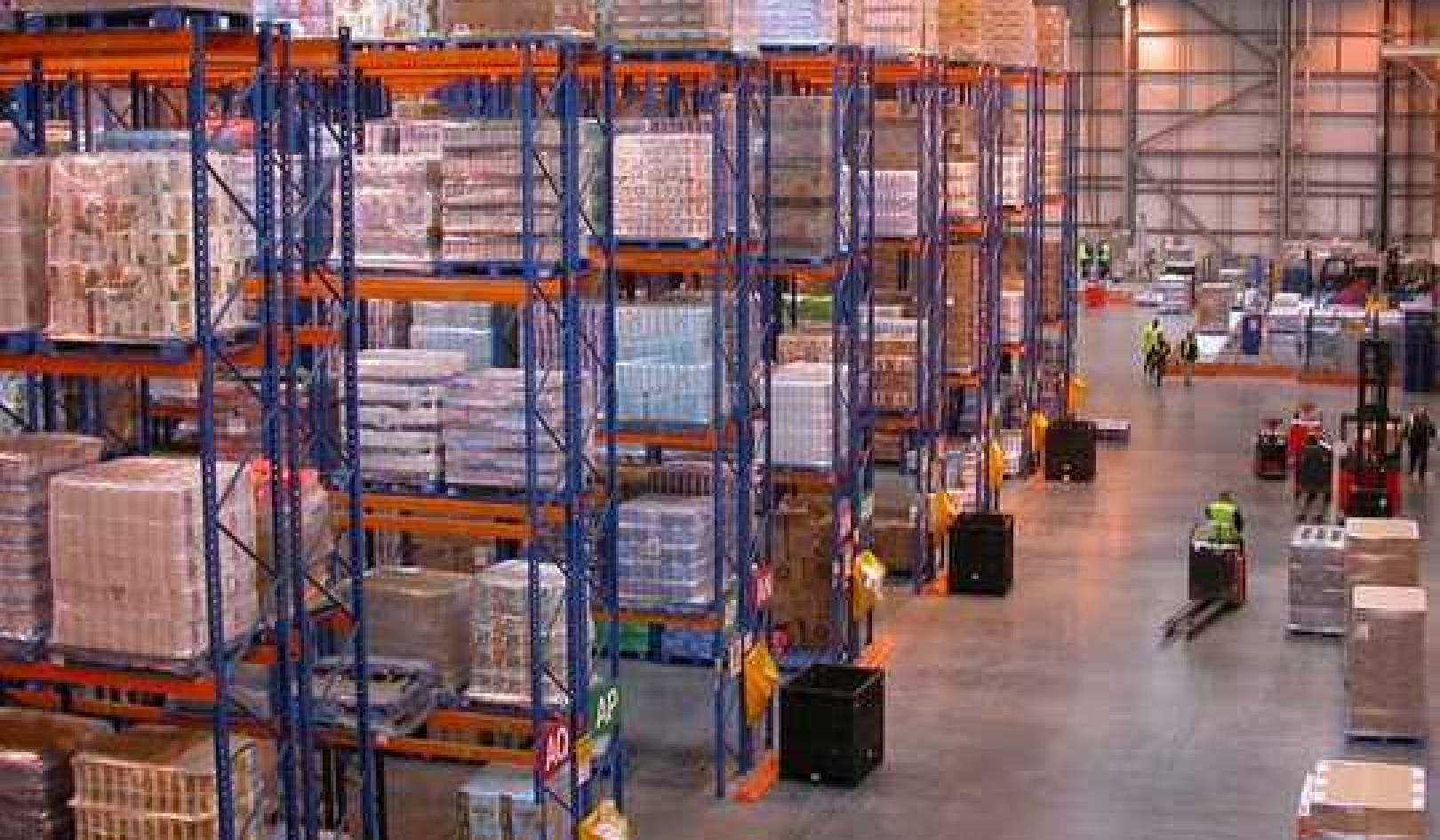
A 30-metre layer of salt discovered beneath the Dead Sea reveals drought worse than any in human history – and it could happen again.
Far below the Dead Sea, between Israel, Jordan and Palestinian territory, researchers have found evidence of a drought that has no precedent in human experience.
From depths of 300 metres below the landlocked basin, drillers brought to the surface a core that contained 30 metres of thick, crystalline salt: evidence that 120,000 years ago, and again about 10,000 years ago, rainfall had been only about one fifth of modern levels.
Climate change
The cause in each case would have been entirely natural. But, in the region where human civilisation began, already in the grip of its worst drought for 900 years, it is a reminder of how bad things could get, and, less certainly, a guide to how much worse human-induced climate change could become.
“All the observations show this region is one of those most affected by modern climate change, and it’s predicted to get dryer. What we showed is that even under natural conditions, it can become much drier than predicted by any of our models,” says Yael Kiro, a geochemist at Columbia University’s Lamont-Doherty Earth Observatory in the US.
The Dead Sea is about 400 metres below sea level. It traps water from the Jordan River, and has, over millennia, become increasingly saline. In 2010, an international team of researchers drilled almost 500 metres below the deepest part of the Dead Sea bed, to bring up evidence of a series of epic bygone droughts, when the trapped water evaporated to precipitate deep, dense beds of salts.
“The Dead Sea is wasting away today because humans are using up all its fresh water sources”
One of these, reported in Earth and Planetary Science Letters, coincided with a spell between the Ice Ages, more than 115,000 years ago, when the Earth’s average atmospheric temperatures rose by about 4°C hotter than the 20th-century average. This is roughly the rise predicted by climate change scenarios in which humans go on burning fossil fuels, to deposit ever more carbon dioxide in the atmosphere.
Rainfall in the region has fallen by 10% since 1950, and could continue to fall this century. In Syria, 15 years of drought are thought to have played a part in triggering the cruel civil war that has displaced millions and created a refugee crisis for Europe, and even briefly masked the entire region in an unprecedented dust storm.
And, repeatedly, archaeologists and climate scientists have found evidence of the role played by drought in the decline and collapse of civilisations, both in the Fertile Crescent itself 2,700 years ago and in the eastern Mediterranean 3,000 years ago.
Future drought
But the evidence from beneath the Dead Sea tells of droughts far worse than anything experienced in human history. Global populations in the Bronze Age were only a tiny fraction of the 7 billion-plus now exploiting the Earth’s resources, and the 400 million people in the 22 countries of the Middle East and North Africa are already living on daily water supplies that are about one-tenth of the global average per capita.
“The Dead Sea is wasting away today because humans are using up all its fresh water sources,” says Steven Goldstein, a geochemist at Lamont-Doherty, and co-author.
“Our study shows that in the past, without any human intervention, the fresh water nearly stopped flowing. This means that if it keeps getting hotter now, it could stop running again. This time, it would affect millions of people.” – Climate News Network
About the Author
 Tim Radford is a freelance journalist. He worked for The Guardian for 32 years, becoming (among other things) letters editor, arts editor, literary editor and science editor. He won the Association of British Science Writers award for science writer of the year four times. He served on the UK committee for the International Decade for Natural Disaster Reduction. He has lectured about science and the media in dozens of British and foreign cities.
Tim Radford is a freelance journalist. He worked for The Guardian for 32 years, becoming (among other things) letters editor, arts editor, literary editor and science editor. He won the Association of British Science Writers award for science writer of the year four times. He served on the UK committee for the International Decade for Natural Disaster Reduction. He has lectured about science and the media in dozens of British and foreign cities.
 Book by this Author:
Book by this Author:
Science that Changed the World: The untold story of the other 1960s revolution
by Tim Radford.
Click here for more info and/or to order this book on Amazon. (Kindle book)




























